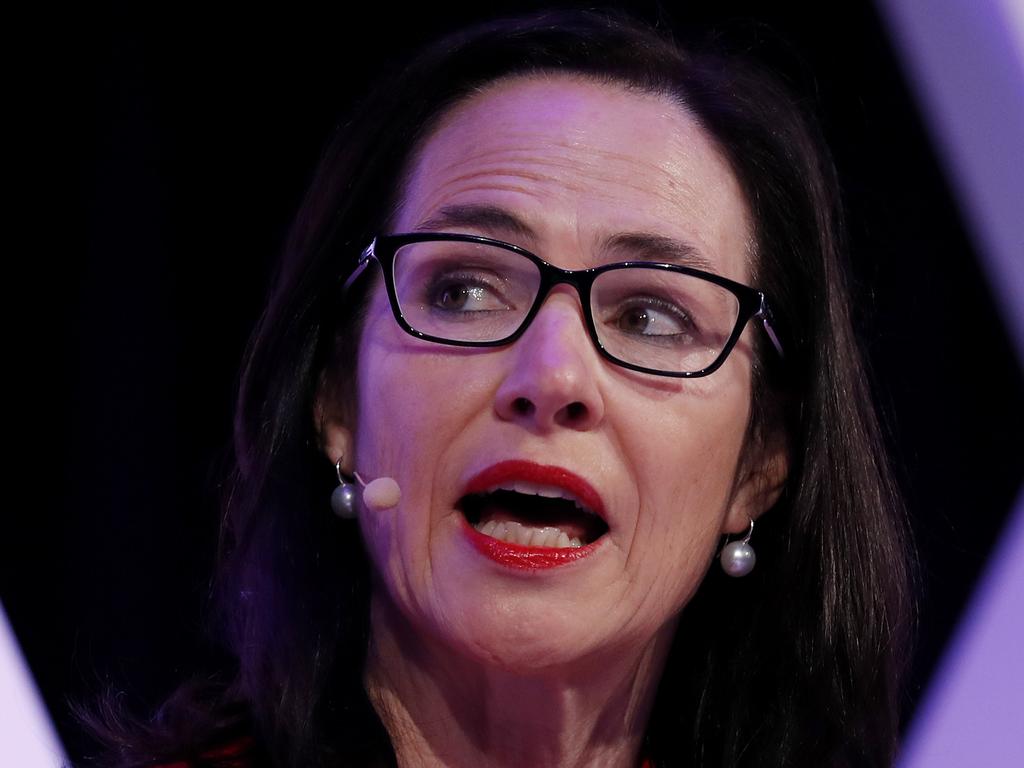Tertiary education must serve nation, not unis’ bottom line

But these voices need to be balanced with others in what is a complex and multifaceted debate. The key question is whether we think the key role of our universities should be to educate Australians, or do they serve a broader purpose?
International students seek to come to Australia to obtain education or training, experience the country, perhaps work and perhaps seek to stay on in a different capacity. Many would have little idea that, collectively, their presence or absence in Australia is such a hot-button issue in so many ways. International students have underpinned the growth and ongoing success of some of our biggest public universities, expanded the private training market, contributed to economic growth, changed housing patterns around inner city campuses by catalysing development, provided a vital source of casual labour in the economy and built cultural and trade bridges between Australia and their home country.
On the flip side, it is argued they have distorted our migration system by using student visas as ‘‘side door’’ entry into the country, contributed to low-quality training in parts of the vocational education sector and placed pressure on housing supply.
Migration, education, housing and labour. There’s a few big ticket items right there. It’s a lot riding on the shoulders of a cohort of students. The critical role our universities play in education, research, innovation, economic development and improving equity was well articulated in the final report of the Universities Accord Review released earlier this year. We want, and need, our universities to be world-class, aspirational, dynamic institutions.
But, we also have ministers responsible for education and migration policy, tasked to act in the national interest. As important as they are, the world cannot revolve around the bottom line of Australia’s universities.
Looking to the future, the accord concluded when examining the matrix of challenges that confront us that ‘‘big changes are needed, and Australia should meet them head on’’. The accord panel set out a vision for a future tertiary education system founded on ‘‘stronger leadership, planning and co-ordination’’ and ‘‘better information on the state of the system’’. The proposed changes in relation to international students are one element in a suite of reforms seeking to achieve that vision.
A framework, which includes Jobs and Skills Australia, and the proposed Australian Tertiary Education Commission are intended to put greater rigour, evidence and certainty behind the decision making on the supply and demand for skills and capabilities in this country, and the resourcing of that endeavour. Whether that intention is realised in implementation remains to be seen, but the objective is clear.

Jobs and Skills Australia predicts we need a further 26,000 to 42,000 electricians in the next seven years to enable our transition to net zero. They also predict we need 21,000 more qualified early childhood professionals, just to meet current demand. That’s before a range of ambitious government policies designed to expand access to early childhood education and care are factored in.
At the same time, in 2023 eight per cent of Australian 15-24 year olds were not engaged in any form of work or study.
This is the main game for us as a nation, growing our skills and capabilities to lift participation and productivity and meet future challenges. This will require an expansive, high-quality tertiary education system, spanning the country.
Yes, international students contribute to economic growth, but it’s finite; it has to be. Imagine instead the exponential growth that might be possible if our tertiary education system was focused and empowered to work together to provide the high quality higher and vocational education we need to drive our economy forward? That’s something worth arguing for.
Policy on international students touches on some of the key battle grounds in this debate – managed versus demand-led growth, institutional autonomy, funding for teaching versus research, equity and access, international prestige. It is no wonder it’s become the battleground of the day. But let’s take a breath and consider the bigger picture before we claim international students are the key to our future.
Rather than getting lost in argument about one sector of our economy, the focus needs to be on how we address our big national challenges of now and the future. Key to that challenge is developing the skills that are crucial in a decarbonised and digitalised economy that will build productivity, competitiveness and investment. We embark on this challenge with our economy lying 92nd out of 133 countries surveyed for Harvard’s most recent index of economic complexity, just behind Uganda and having fallen 38 places since 1995. Rejuvenating our skills base to help fix this problem needs to be our focus, not squabbling over foreign student quotas.
The federal government has always held the levers on migration – that’s nothing new. There have been times in the past when we’ve raised our sights on education and embarked on reforms. That’s nothing new either.
In fact, many would say it’s about time to do it again.
So let’s be a bigger country, with more expansive ambitions for ourselves, and for the tertiary education system that is so vital to our future.
Innes Willox is chief executive of Australian Industry Group.







The furious response to the potential introduction of caps on international students has certainly been hard to miss. Our universities are very good at advocacy, as you would expect from highly capable organisations run by highly capable people.